What Are The Most Common Furnace Problems?
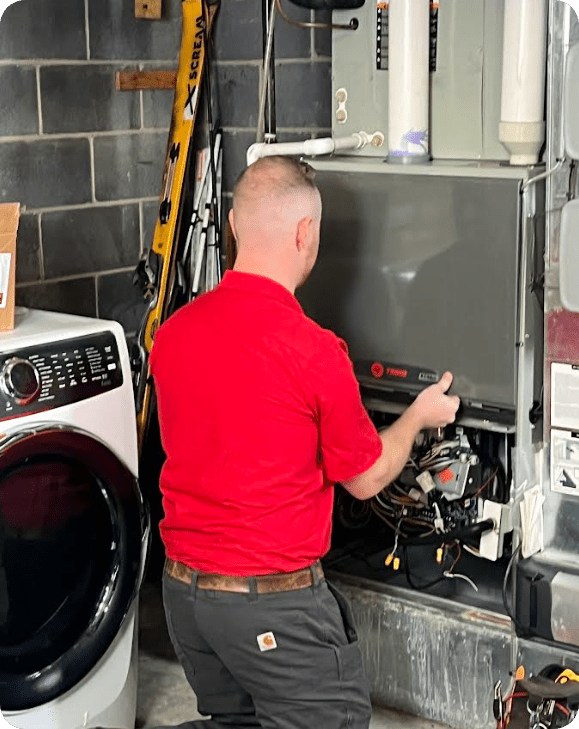 As it gets colder out, furnaces have to work harder to keep our homes warm, and can run into some problems in the process. Having your furnace break down on you during the winter cold is never fun, and it’s not always clear what’s wrong.
As it gets colder out, furnaces have to work harder to keep our homes warm, and can run into some problems in the process. Having your furnace break down on you during the winter cold is never fun, and it’s not always clear what’s wrong.
Luckily, we have dealt with all sorts of different furnace issues, and know how to fix them. In this article, I’m going to go over some of the most common furnace problems we see, and what you can do to solve them.
If you are having issues with your heating system, give us a call at (276) 690-9222, or contact us online. We have been helping out homes and businesses in the Abingdon, VA area with their comfort issues for years, and can help you as well!
Furnace Blowing Cold Air
If your furnace is blowing cold air, it’s clearly having some sort of problem. Now, there’s not always a clear reason that your system is blowing cold air. In fact, there could be a number of reasons that your system is having problems.
You could be having trouble with:
- The pilot light
- The flame sensor
- Your ductwork
- The thermostat
- A clogged air filter
These are just a few of the potential problems. There are even more than that. If your system has been running for 15-30 minutes, and it still isn’t warming up, turn it off and call a professional. If the system is still running, but isn’t heating your home, it’s still wasting energy. The last thing you want to do is waste money while getting no heat at all.
Not Enough Airflow Around The Home
This problem is similar to the furnace blowing cold air, in the way of it having a lot of potential reasons for this problem. We see this a lot with rooms that are furthest away from the furnace, mostly bedrooms that are furthest from the basement.
This could be caused by:
- Blower motor issues
- Fan not working
- A clogged air filter
- Leaky or mis-designed ductwork
- Blocked vents
Once again, it could be a number of different issues. We recommend checking your air filter to see if it’s clogged. Once this is replaced, if you are still having airflow issues, give a professional a call. They will inspect your furnace and your ductwork to find the reason the air isn’t distributing properly.
Constant Cycling Off And On
If you hear your HVAC system turning off and on constantly, it could be the sign of a problem, and could lead to comfort issues. The constant off/on leads to fluctuations in temperature, and can be wasting energy as well.
Sometimes this is a sign you have a problem with your thermostat, or a sign that your system is improperly sized. If you just installed your HVAC system and it is cycling like this, you may have simply chosen the wrong size. If you have had your HVAC system for a while, and this is the first time this has happened, it’s likely a sign that it’s a fixable issue.
Once again, we recommend that you call a professional to assess your issue, and make sure your HVAC system is running smoothly and safely.
Carbon Monoxide Leaks
If you use a furnace, there’s a very strong chance that it uses either gas or oil to burn and create heat. During this combustion process, gasses are created that can be harmful and dangerous. When your furnace is functioning properly, these are expelled from your home through a flue system.
If there’s a problem with the system, or maybe a crack in your heat exchanger, it can cause gasses to leak. Carbon monoxide is one of these gasses, and it’s odorless, colorless, and also deathly poisonous. This is why every home that uses a furnace should have a carbon monoxide detector. If your heating system is leaking carbon monoxide, you may not know until it’s too late.
Now this isn’t something that happens all the time, but it’s a major concern with any heating system. If your system has a leak, turn it off immediately and call an HVAC professional right away!
Best Way To Avoid Furnace Problems
Now that you know a little more about the most common furnace problems, you should also know how to avoid them. Here are the best 2 ways you can take care of your furnace and avoid issues:
Changing Your Air Filter
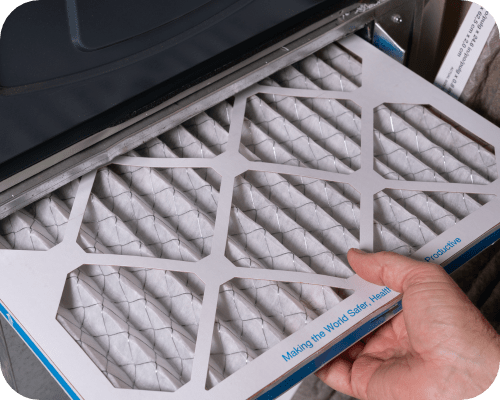 Changing your HVAC system’s air filter is simple and important. As it gets filled up with particles, it can get clogged and prevent airflow, as we mentioned above. We recommend keeping a few filters on hand so you can change them once every 1-3 months.
Changing your HVAC system’s air filter is simple and important. As it gets filled up with particles, it can get clogged and prevent airflow, as we mentioned above. We recommend keeping a few filters on hand so you can change them once every 1-3 months.
During a routine HVAC service, your technician should change your filters, but this only happens once a year typically. Keeping a few filters at home will allow you to change them on your own, without having to worry about a professional technician coming in to do it.
If you don’t know how to change it, we recommend:
- Having your HVAC technician show you during a routine maintenance
- Looking at your owner’s manual for your HVAC system
- Looking up how to change a filter on Youtube
This is a fairly easy task, and one you can do on your own to improve airflow, and indoor air quality!
Scheduling Regular HVAC Service
The best and most effective way to avoid furnace problems is by scheduling routine furnace maintenance. We recommend you have your furnace serviced at least once a year, preferably before the heating season.
During a routine furnace maintenance, your technician will do a lot more than simply changing the air filter. During a routine maintenance, the technician will:
- Clean all the components inside your furnace
- Change your air filter
- Inspect wiring, the pilot light, the flame sensor
- Ensure all parts are working properly and aren’t in need of replacement
- Ensure the system is operating safely
Instead of waiting for problems with your heating system, regular maintenance gets ahead of them and helps prevent them from ever occurring. Just like any machine needs service and care, or it will break down, your HVAC system is the same.
Regular service for your heating system will also come with some other benefits, outside of the fewer breakdown:
- Better efficiency
- Lower energy bills
- Longer system lifespan
- Fewer problems/breakdowns
- Improved indoor air quality
- Maintains warranty
Scheduling regular maintenance for your furnace is so important, and the number one thing we can recommend to keep your heating system running well for years and years.
If you are having issues with your furnace and would like to speak to an expert, give us a call at (276) 690-9222, and we will have one of the team members here at Compass help you out!


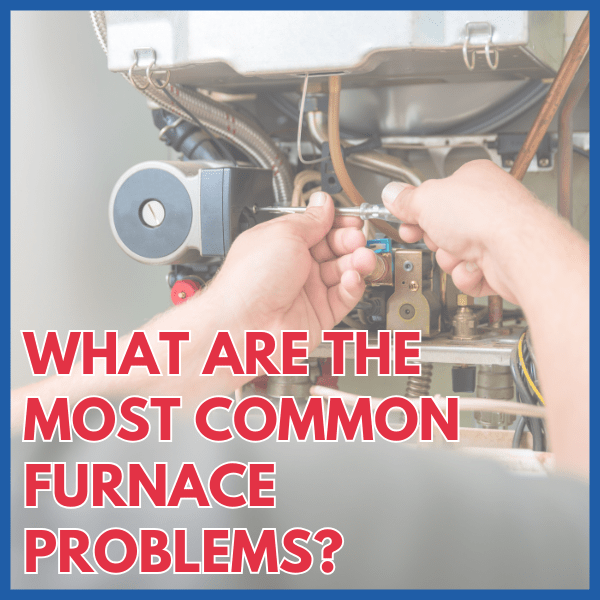

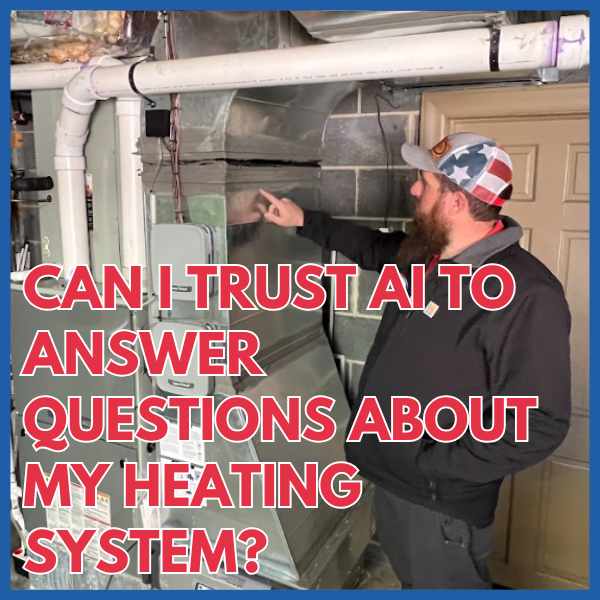
 AI is all over the place, and we know it’s only getting bigger and bigger. Here at Complete Comfort, we also know that you have questions about your HVAC equipment, and you may not always want to pick up the phone and call a contractor. Many people use Google to ask questions about their heating equipment, and now we are hearing about people using AI to answer questions about their home comfort.
AI is all over the place, and we know it’s only getting bigger and bigger. Here at Complete Comfort, we also know that you have questions about your HVAC equipment, and you may not always want to pick up the phone and call a contractor. Many people use Google to ask questions about their heating equipment, and now we are hearing about people using AI to answer questions about their home comfort. 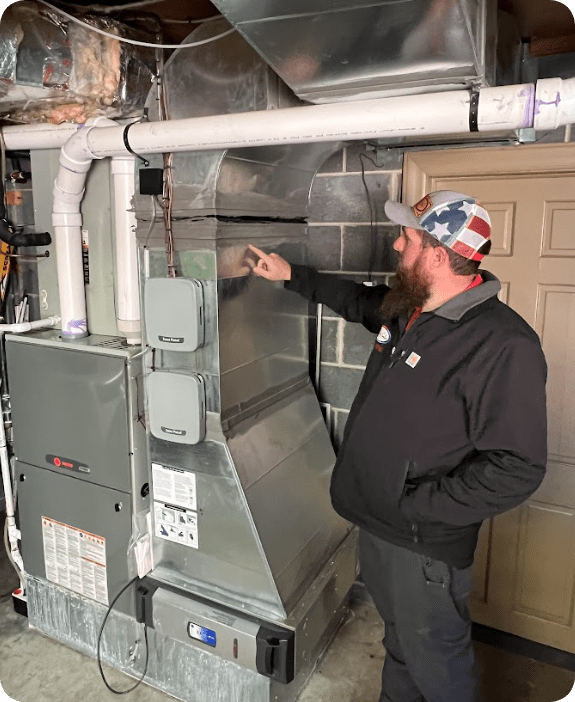 As much fun and as convenient as asking AI about your HVAC system may be, there are times when you need to speak to a professional. The most important time to speak to a professional is when there is a problem with your heating system.
As much fun and as convenient as asking AI about your HVAC system may be, there are times when you need to speak to a professional. The most important time to speak to a professional is when there is a problem with your heating system. 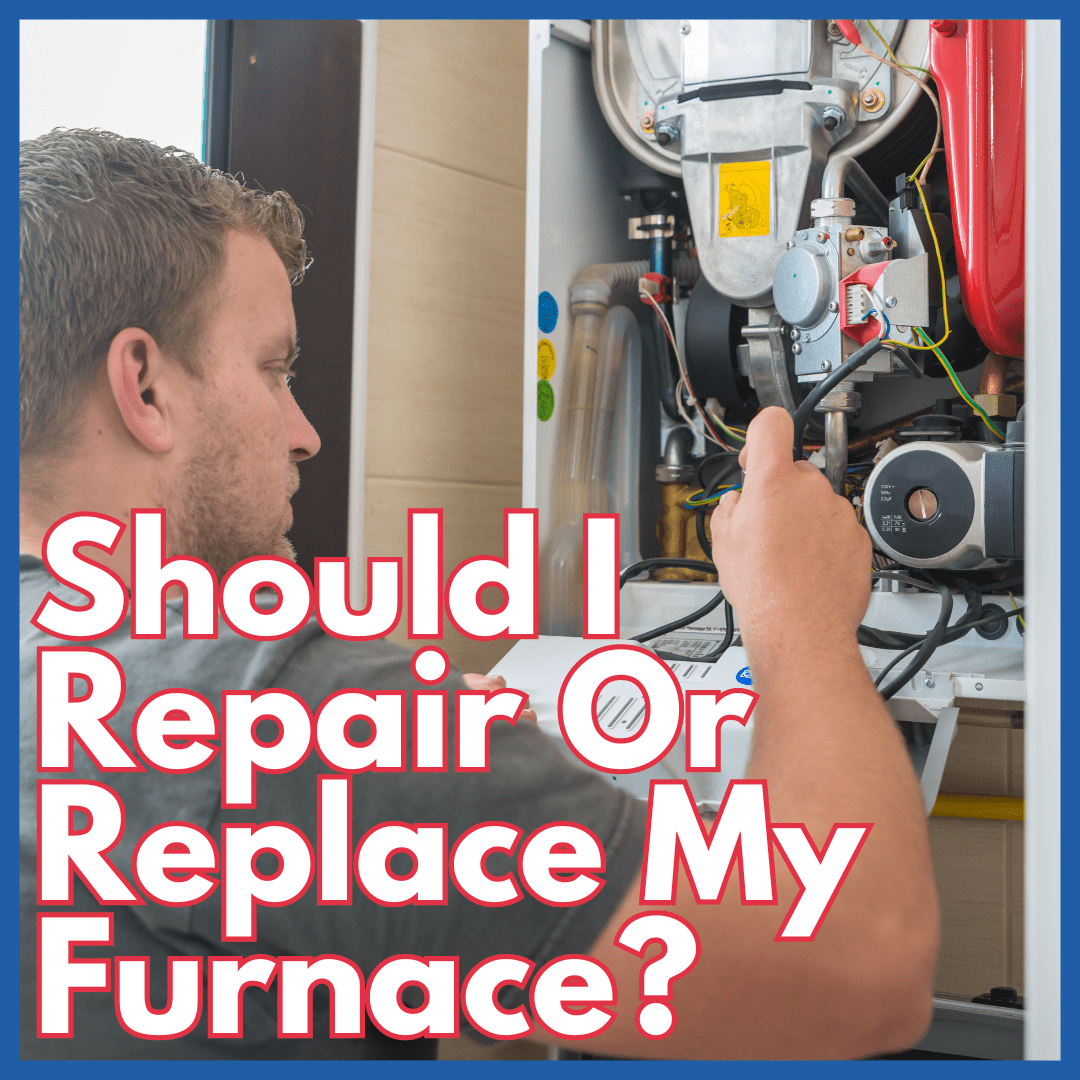
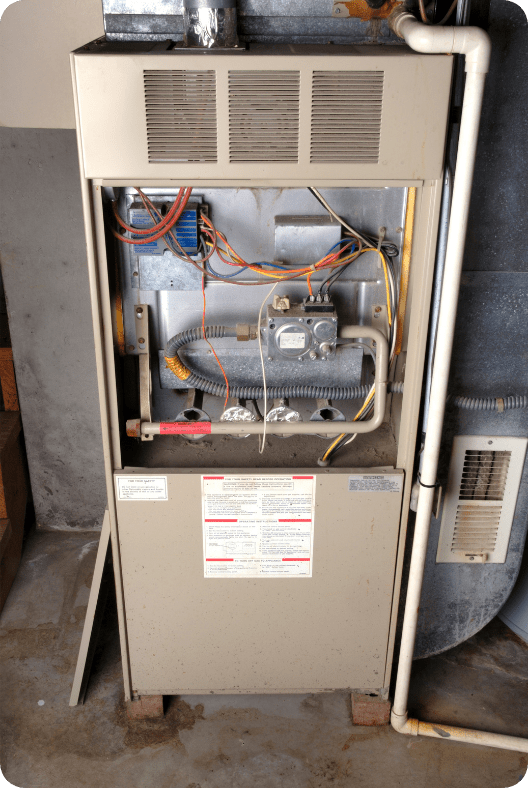 It’s never fun when your heating system breaks down in the winter. It leaves your home cold, and you not knowing what it’s going to cost to get the heat back on. This is a time when homeowners are faced with a decision: Should I repair or replace my heating system?
It’s never fun when your heating system breaks down in the winter. It leaves your home cold, and you not knowing what it’s going to cost to get the heat back on. This is a time when homeowners are faced with a decision: Should I repair or replace my heating system? 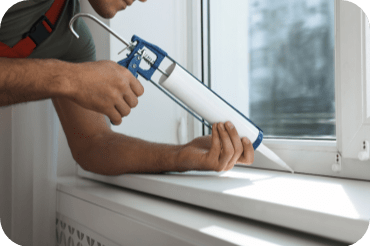 There are some easy steps you can take to keep your heating system in good shape, and lengthen the lifespan of your system. Here are some tips:
There are some easy steps you can take to keep your heating system in good shape, and lengthen the lifespan of your system. Here are some tips: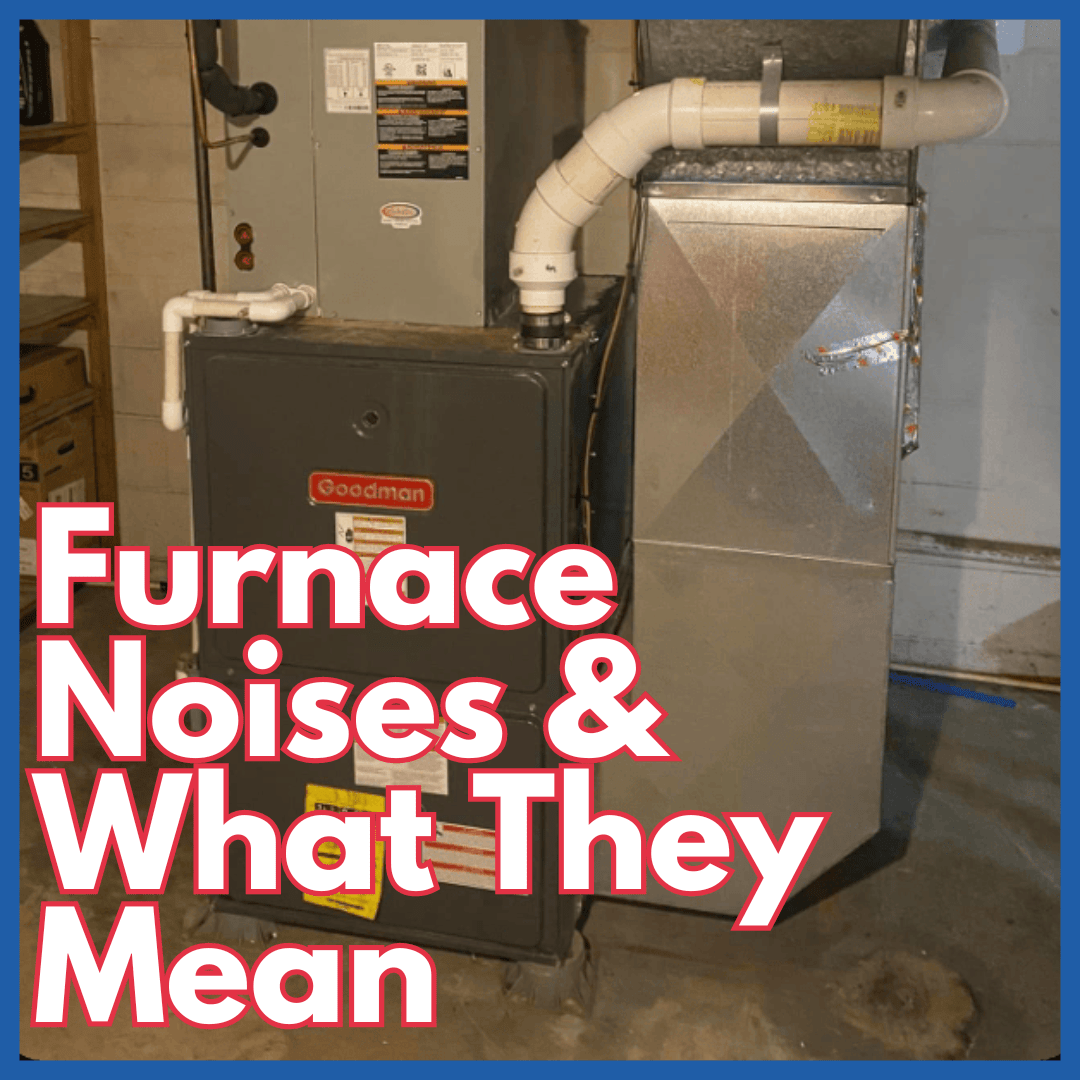
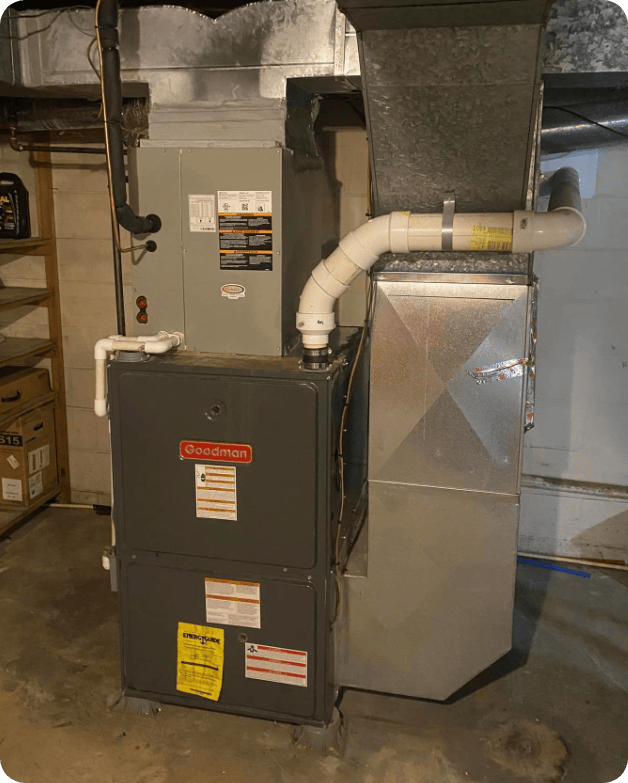 It’s about that time of the year when the weather cools off, and it’s time to turn the furnace on to keep your home warm. If your furnace starts making peculiar noises, it could be a sign of a bigger problem. There’s also a chance it’s normal. Understanding these furnace noises and what they mean is crucial for maintaining your furnace, making sure it’s safe, and keeping your home warm.
It’s about that time of the year when the weather cools off, and it’s time to turn the furnace on to keep your home warm. If your furnace starts making peculiar noises, it could be a sign of a bigger problem. There’s also a chance it’s normal. Understanding these furnace noises and what they mean is crucial for maintaining your furnace, making sure it’s safe, and keeping your home warm.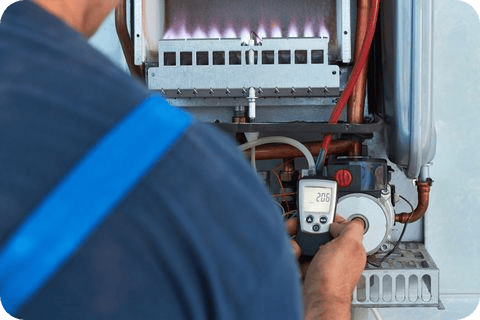 The sounds your furnace makes can be a good indicator of its condition. Not all of them are a bad sign, and depending on the sound, we will try and explain what it means.
The sounds your furnace makes can be a good indicator of its condition. Not all of them are a bad sign, and depending on the sound, we will try and explain what it means.